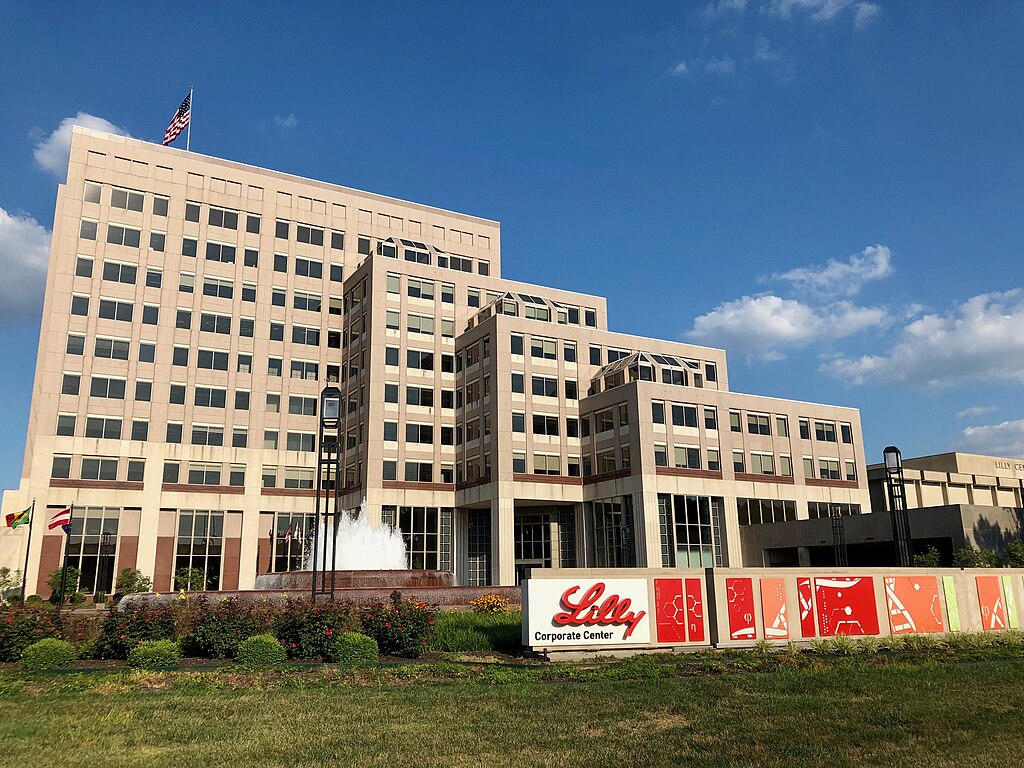A revised, safer dosage schedule has been added to the label of Kisunla (donanemab-azbt), an Alzheimer’s drug manufactured by Eli Lilly and Company, after approval by the U.S. Food and Drug Administration (FDA). By lowering the risk of amyloid-related imaging abnormalities (ARIA), a dangerous side effect, the updated guidelines hope to preserve the medication’s ability to treat early-stage Alzheimer’s disease symptoms.
A more progressive titration of the medication is advised by the amended label; this modification has been demonstrated to considerably reduce the incidence of ARIA with edema (ARIA-E). Amyloid-targeting treatments are known to cause this side effect, which includes transient brain edema and, in extreme circumstances, can be lethal. According to results from the TRAILBLAZER-ALZ 6 research, the revised dosage regimen with a redistribution of the first doses has been demonstrated to reduce the risk of ARIA-E by 41% at 24 weeks and 35% at 52 weeks.
Read More: Eli Lilly Responds to EMA’s Donanemab Marketing Authorization Rejection
We are confident that this label update for Kisunla will significantly aid healthcare professionals in evaluating appropriate treatment options for their patients,
This update underscores our unwavering commitment to patient safety and the advancement of Alzheimer’s disease treatment by potentially mitigating the risk of ARIA-E.
Brandy Matthews
Kisunla is a monoclonal antibody that targets and eliminates amyloid plaques in the brain, a defining feature of Alzheimer’s disease. It was first approved by the FDA in July 2024. In patients with early-stage disease, the therapy has been demonstrated to reduce cognitive and functional decline. The revised dosage plan represents a major advancement in enhancing this potential therapy’s safety profile.
By the 24-week point, the same amount of medication is still administered, but the first three infusions are administered more gradually under the revised dose plan. The TRAILBLAZER-ALZ 6 research showed that the drug’s ability to remove amyloid plaques and lower levels of p-tau217, another disease biomarker, was unaffected by this altered strategy.
Read More: Eli Lilly Launches Their Blockbuster Weight-loss and Diabetes Drug Mounjaro in India
An intravenous infusion of Kisunla is given once a month. Patients with verified amyloid pathology who have mild cognitive impairment or who are in the mild dementia stage of Alzheimer’s disease are the target of the treatment. The TRAILBLAZER-ALZ 2 Phase 3 clinical research, which showed a notable slowdown of patients’ cognitive loss, served as the basis for Kisunla’s initial approval.
Since it resolves one of the main safety issues with this class of Alzheimer’s medications, this label change is an important step for both patients and doctors. It is anticipated that the safer dosage schedule will improve Kisunla’s clinical usefulness and offer patients with this neurodegenerative illness a better risk-benefit ratio.
Last Modified:
Graduated from the University of Kerala with B.Sc. Botany and Biotechnology. Attained Post-Graduation in Biotechnology from the Kerala University of Fisheries and Ocean Science (KUFOS) with the third rank. Conducted various seminars and attended major Science conferences. Done 6 months of internship in ICMR – National Institute of Nutrition, Hyderabad. 5 years of tutoring experience.






